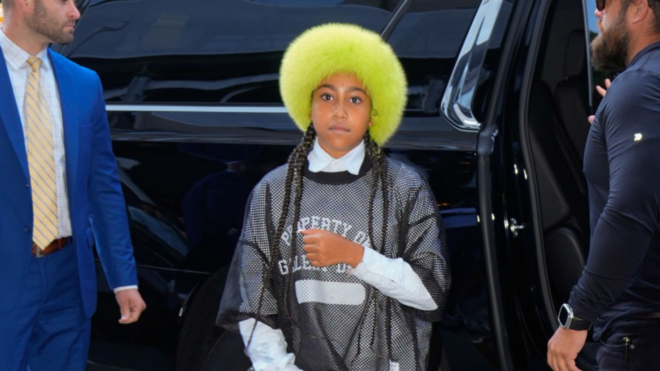Genetics

Thinning hair is pretty common. One in four women will experience it, often starting in her 20s. More than 90 percent of those who find their hair has begun to thin have to look no further than their own parents. Of the two types of hair thinning—hereditary and non-hereditary—nearly all cases are due to DNA and not environmental factors.
Hormone Pills
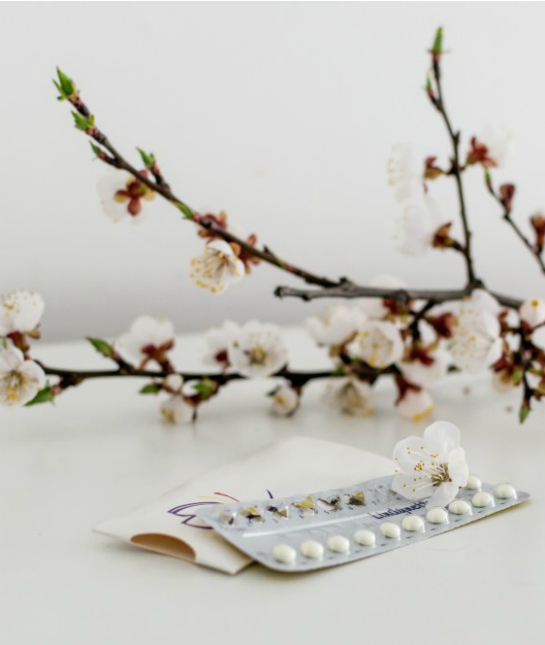
That said, there are other reasons why some women experience hair loss, either permanent or temporary, that have nothing to do with their genes. Many women who take birth control pills experience thicker hair, but just as many find an increase in the amount of hair in the shower drain. A change in hormones can cause hair thinning and the Pill is often to blame.
Antidepressants and other medicine
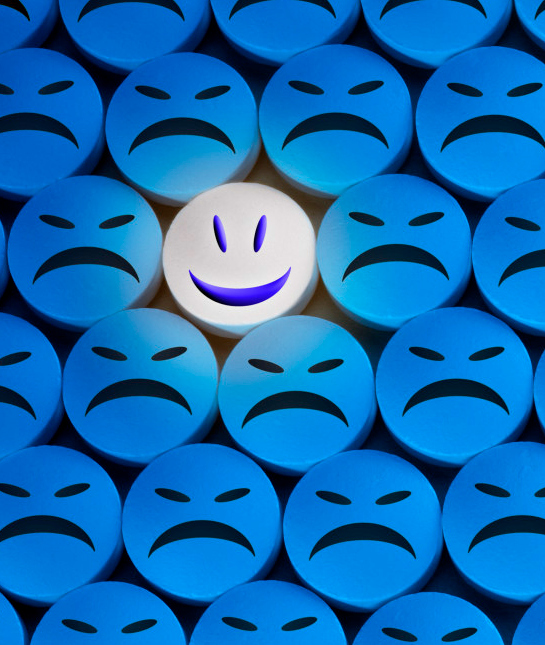
Most antidepressants list hair loss as a possible side effect. Though it's rare, it's difficult to tell whether it's the antidepressant or the reason you're taking the antidepressant (stress, depression, illness—all of which can cause hair loss) that brought about noticeably thinning hair. The only way to truly tell is to stop taking the antidepressant or switch to a different one. Either way, make the decision only in consultation with your doctor.
Eczema, psoriasis and other skin issues

Skin conditions such as eczema and psoriasis can sometimes cause hair loss, either by creating conditions for excessive itching or for compromising the follicle from which hair grows. Treatments for these conditions, such as salicylic acid, can also cause thinning hair or excessive breakage.
Anemia
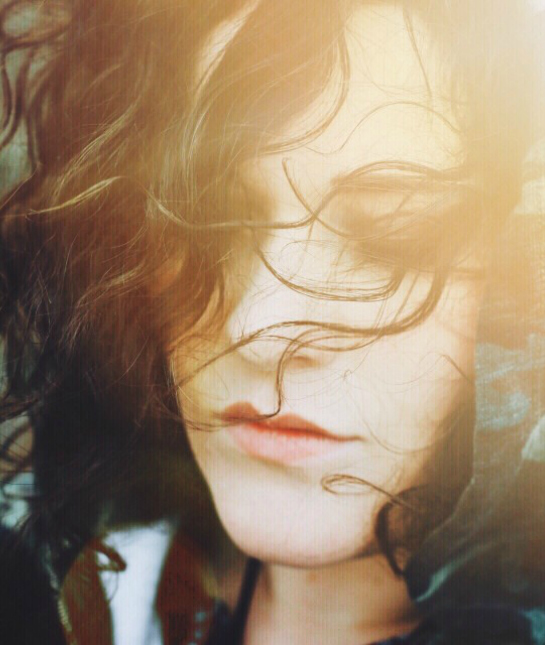
Hair loss is often one of the symptoms of anemia. This iron deficiency also often causes fatigue, brittle nails, shortness of breath and frequent infections, and shows up in women of child-bearing years, pregnant women and those who have recently had a baby. It's easy to test iron levels, so talk to your doctor if you show one or more signs of anemia.
PCOS
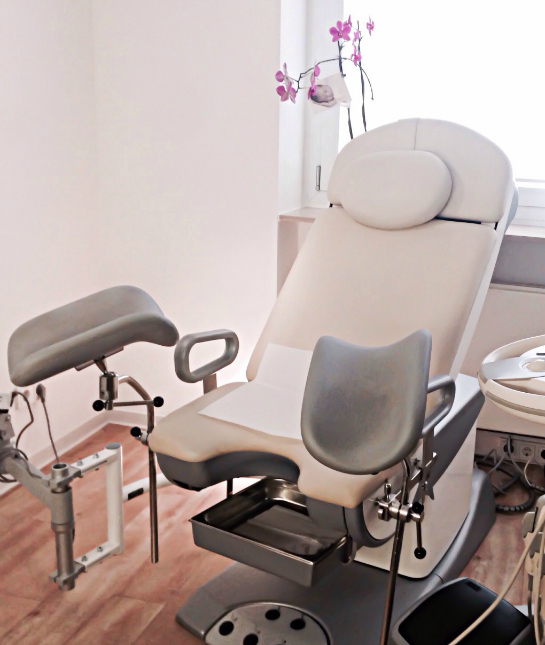
Polycystic Ovarian Syndrome, an endocrine disorder where women produce an excess of male hormones, can cause weight gain, facial hair and fatigue, in addition to male pattern hair loss. There are some treatments to reverse or lower the rate of hair loss, though it's more important to understand whether you have PCOS in the first place.
Menopause

Like PCOS, menopause causes the production of male hormones to increase for women. This increase can have the effect of increasing the amount and thickness of facial hair, while decreasing both for the hair on a woman's head. But it's not always hormones that cause thinning hair in menopausal women; sometimes it's a lack of nutrients, lack of sleep or stress.
Overprocessing

Dyeing, straightening, perming and highlighting hair is typically safe and comes without a downside. But too much processing can cause hair to thin. Women whose hair has undergone years of processing or daily styling with heat should try out buffer hairstyles, if thinning has become an issue. Instead of processing and reprocessing, take a break every couple of appointments and just get a cut.
Pregnancy
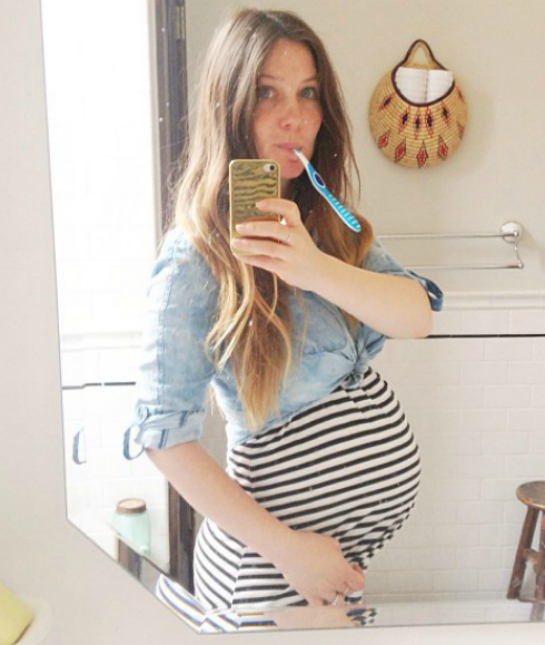
Some women experience elastics-busting hair thickness during pregnancy, while others keep watching it all go down the drain. Either way, the hormones of pregnancy often show up on our scalps. Hair thinning during pregnancy is common, as is hair thinning up to six months after the baby is born (or after you stop breastfeeding). It's all thanks to hormones. Talk to your doctor if you suspect it's really too much loss.
Recent weight loss
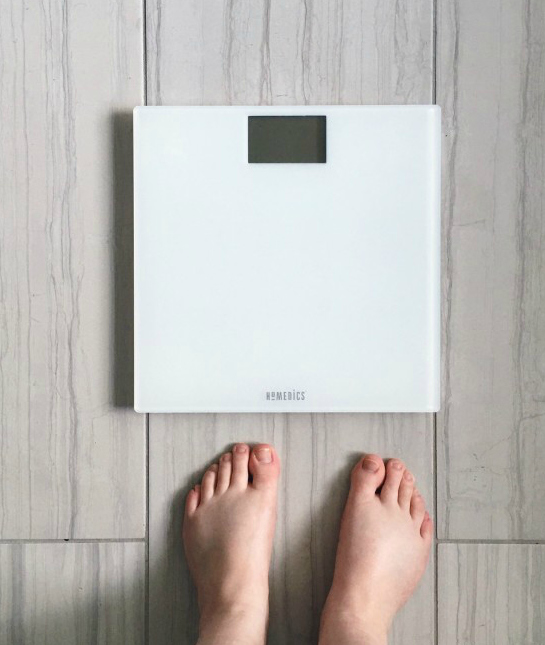
Sometimes, the thinner our bodies, the thinner our hair. Sudden and intentional (or dramatic) weight loss can result in loss of hair, too. Again, hormones are rebalancing their levels as the body adjusts to its new size. Flag it with your doctor if it seems excessive or doesn't stop falling out.
Stress

Lots of stress pushes hair follicles into a resting phase, which slows growth and shrinks the size of the hair follicle, causing hair strands to be thinner. Severe stress can actually cause the body's immune system to attack hair follicles, sacrificing healthy strands. Finding ways to reduce or eliminate stress are some ways to reverse the damage. And sometimes hair loss can show up months after a sudden, traumatic event.
Surgery
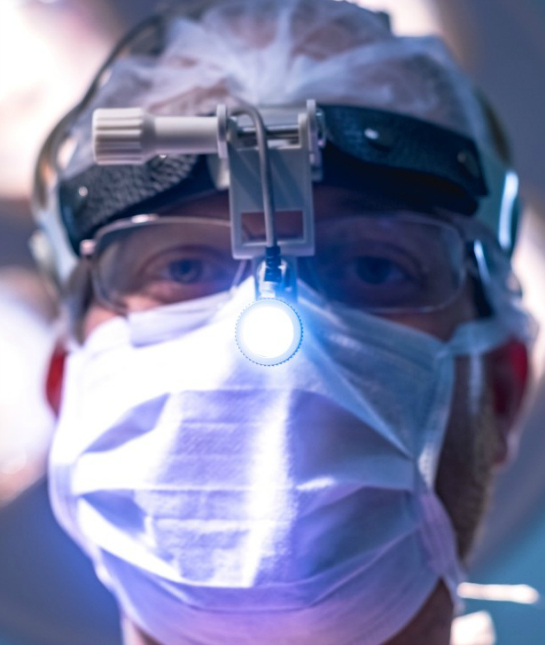
Surgery, while often life-or-death and necessary for good health, is nonetheless a traumatic event for the body. And trauma, for whatever reason, can cause the body's stress response to affect hair follicles. Anesthesia can also cause hair loss, as the body responds to it. The good news is, this hair loss isn't always permanent, and hair-follicle size and hair growth resumes after the body recovers.
Thyroid Issues
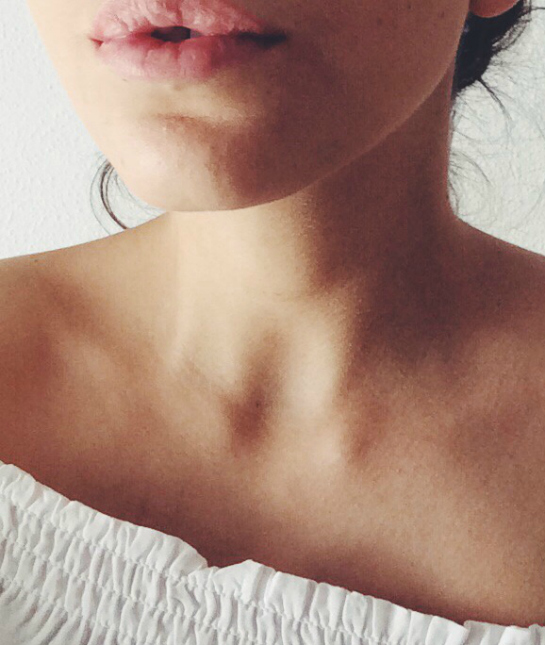
Out-of-the-blue hair loss can be the first sign of a thyroid problem. Both hypothyroidism and hyperthyroidism can result in thinning hair. Blood tests for hormone levels can help a doctor rule out thyroid issues—or signal that more tests or treatment are necessary.
Braids and Tight Styles
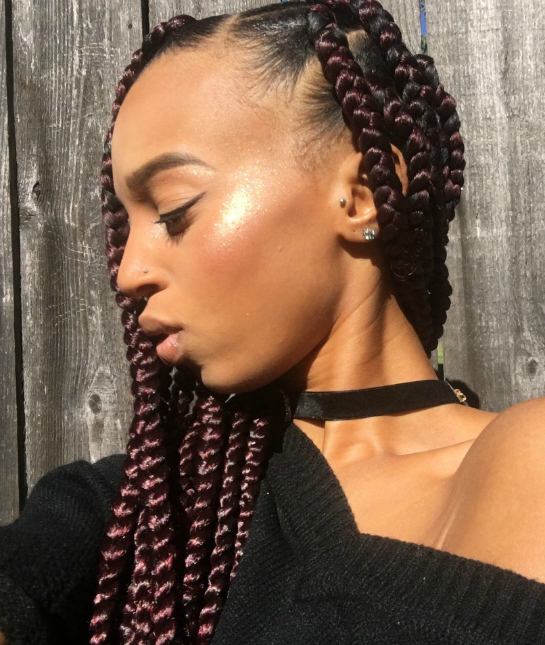
Certain hairstyles, like braids and weaves, can pull out individual strands of hair and add up over time, leaving bald patches or thin hair. Giving hair a rest between these styles and going with natural hair can give strands the chance to regrow.
Too much vitamin A
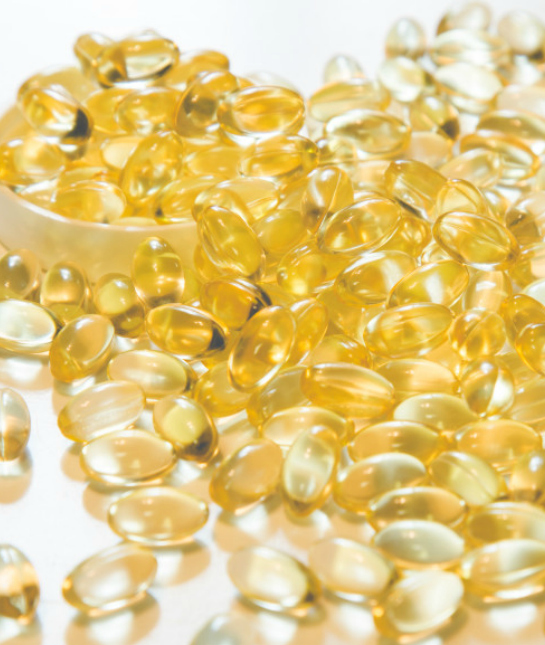
Vitamin A is crucial for hair and a healthy body. But too much can send the wrong signal to follicles, convincing them to shut down hair production too soon, which causes thinning. Vitamin A hides out in fat, so you can build up stores of it over time, which means you might not even suspect excessive amounts when you start experiencing hair loss. Irritability, dry skin, blurred vision and sickness are also signs of vitamin A excess, and are signs you should talk to your doctor.
Too Little Protein

Lack of protein, either through a crash diet or poor food choices, can cause hair thinning and, eventually, widespread hair loss. Incorporating more protein into daily food intake, either by increasing the amount you eat or making different nutritional choices can stop the thinning and loss, and even reverse the damage and leave you with thicker hair.
Aging
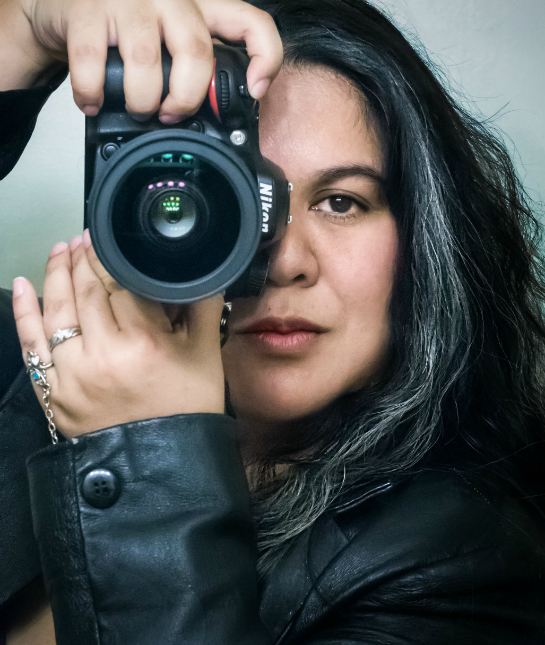
A long life is a beautiful thing, but part of the journey might involve change in certain beauty markers. Women often start noticing hair thinning by their late 20s or early 30s. By their 40s, they can look back at old photos and see things really have changed. While some women retain their thick heads of hair through their 60s, by the time they're in their 70s, most women will notice significant loss or thinning.

